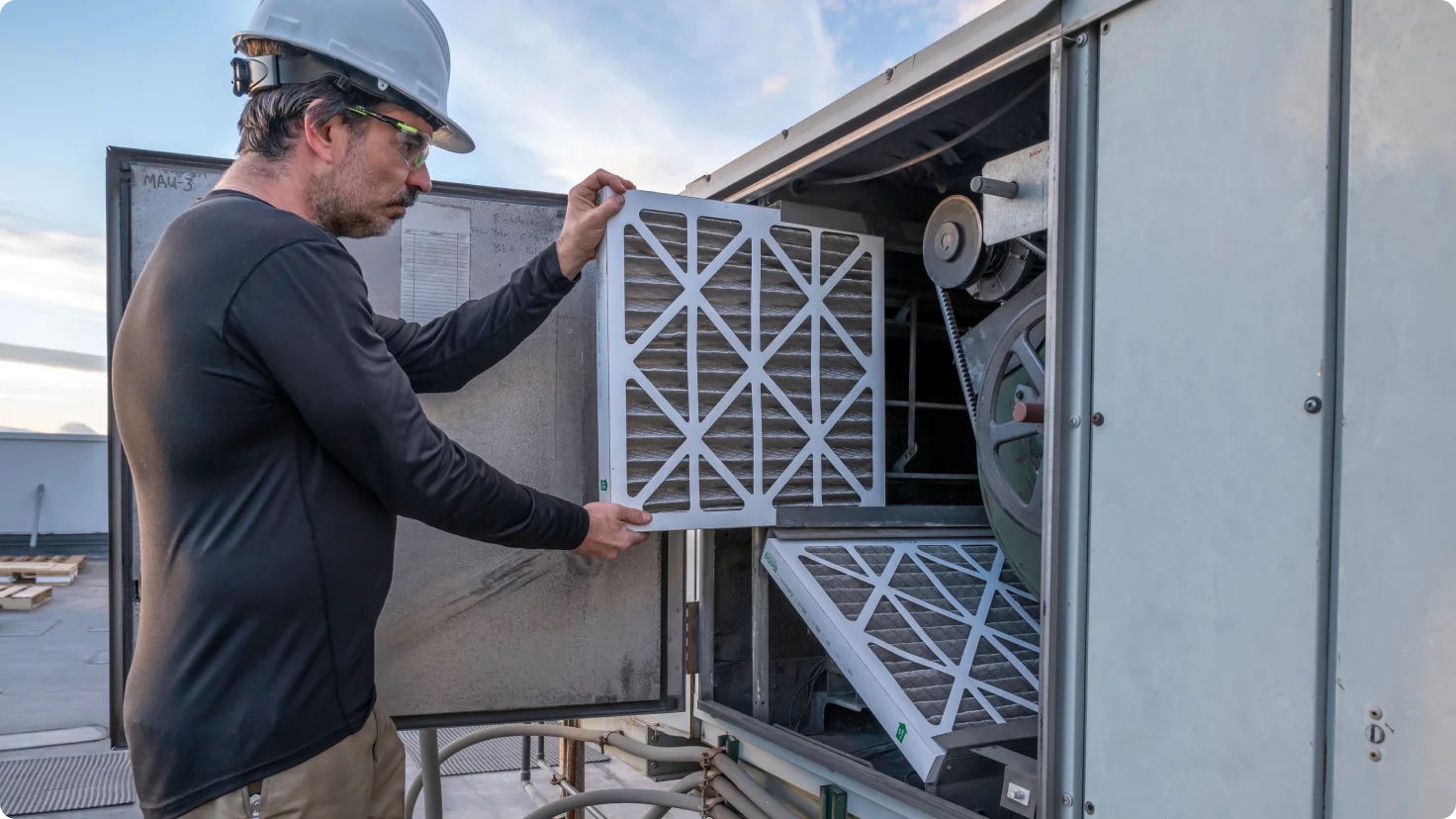

Articles
How Long Does It Take To Get A HVAC License
Modified: December 7, 2023
Discover how long it takes to obtain a HVAC license. Read our informative articles to understand the process and requirements.
(Many of the links in this article redirect to a specific reviewed product. Your purchase of these products through affiliate links helps to generate commission for Storables.com, at no extra cost. Learn more)
Introduction
Obtaining an HVAC (Heating, Ventilation, and Air Conditioning) license is an important step for individuals aspiring to work in the HVAC industry. A license ensures that technicians have met certain requirements and possess the necessary knowledge and skills to perform HVAC installations, maintenance, and repairs.
In this article, we will explore the journey of acquiring an HVAC license, from understanding the licensing process to the time it takes to complete the requirements. Whether you are considering a career in HVAC or are already working in the field, understanding the licensing process is vital for professional growth and career advancement.
So, let’s dive in and learn more about the process of obtaining an HVAC license and the factors that can impact the time it takes to achieve this milestone.
Key Takeaways:
- The journey to obtaining an HVAC license involves meeting state-specific requirements, completing education and training, and passing exams. Factors like prior experience and commitment can impact the time it takes to achieve this milestone.
- Apprenticeship programs and journeyman/master licenses play crucial roles in the HVAC licensing process, offering hands-on experience and opportunities for career advancement. Understanding state requirements and planning ahead are essential for success.
Understanding HVAC Licensing
HVAC licensing is a regulatory process that ensures individuals working in the heating, ventilation, and air conditioning industry have the necessary knowledge and skills to perform their jobs safely and effectively. Licensing requirements vary from state to state, and even within different regions or municipalities.
Generally, there are different levels of HVAC licensing, including apprentice, journeyman, and master licenses. Each level corresponds to a specific set of skills and expertise. Apprentice licenses allow individuals to work under the supervision of a licensed HVAC technician, while journeyman and master licenses grant individuals the ability to work independently and potentially run their own HVAC businesses.
One important aspect to note is that HVAC licensing requirements may differ based on the type of HVAC work being performed. For example, there may be separate licenses for residential and commercial HVAC systems or for specific HVAC specialties, such as installation, repair, or refrigeration. It is essential to research and understand the specific licensing requirements in your area.
An HVAC license not only demonstrates competency but also holds individuals accountable for adhering to safety protocols and industry standards. It serves as a means of protecting consumers and ensuring that HVAC technicians meet a certain level of professionalism and expertise.
Now that we have a basic understanding of HVAC licensing, let’s explore the requirements for obtaining an HVAC license in more detail.
Requirements for Obtaining an HVAC License
The specific requirements for obtaining an HVAC license vary from state to state and can depend on factors such as work experience, education, and passing exams. However, there are some common requirements that most states typically require:
- Educational Requirements: Many states require individuals to have a high school diploma or equivalent to pursue an HVAC license.
- Technical Training: Completion of an HVAC training program from an accredited institution is often a prerequisite for obtaining a license. These programs provide comprehensive instruction on HVAC systems, including design, installation, maintenance, and repair.
- Work Experience: Some states require a specific number of hours of on-the-job training as an HVAC apprentice or worker before applying for a license. This hands-on experience allows individuals to develop critical skills and knowledge in real-world settings.
- Examination: Most states have a licensing exam that aspiring HVAC technicians must pass. The exam typically tests knowledge of HVAC systems, codes, regulations, and safety practices.
- Criminal Background Check: In many states, individuals must undergo a criminal background check as part of the application process. This is to ensure that individuals with a history of criminal activities that could pose a risk to consumers are not granted a license.
- Insurance and Bond: Some states require HVAC technicians to carry liability insurance and obtain a surety bond. These requirements protect both the technician and the customers in the event of accidents, damages, or negligence.
It’s important to note that these requirements are general guidelines, and each state may have its own specific variations or additional requirements. It’s crucial to research and understand the licensing requirements in your particular state to ensure compliance.
Next, let’s delve into the HVAC training and education that individuals need to complete in order to meet these licensing requirements.
HVAC Training and Education
HVAC training and education are essential components of the licensing process. It provides individuals with the knowledge and skills necessary to excel in the HVAC industry. Here are the main aspects of HVAC training and education:
- Trade Schools and Vocational Programs: Many aspiring HVAC technicians enroll in trade schools or vocational programs that offer specialized HVAC training. These programs typically cover subjects such as HVAC theory, equipment operation, system design and installation, electrical systems, refrigeration, and troubleshooting.
- Apprenticeship Programs: Apprenticeship programs provide hands-on training and allow individuals to learn from experienced HVAC professionals. These programs typically combine classroom instruction with on-the-job training. Apprentices work under the guidance and supervision of licensed HVAC technicians, gaining practical skills and knowledge.
- Online Courses: Online courses offer flexibility and convenience for individuals who may not have access to traditional HVAC training programs. These courses cover similar topics as trade schools and vocational programs, providing individuals with a solid foundation in HVAC principles and practices.
- Certifications: In addition to formal education, HVAC technicians can pursue certifications to further enhance their expertise. Certifications, such as the North American Technician Excellence (NATE) certification, validate an individual’s knowledge and skills in specific HVAC areas, such as installation, service, or air distribution.
The length of HVAC training programs can vary depending on the level of education pursued. Certificate programs can typically be completed in as little as six months to a year, while associate degree programs may take two years to complete. Apprenticeship programs generally last between three to five years, combining both on-the-job training and classroom instruction.
By completing a comprehensive HVAC training program, individuals gain a solid foundation of knowledge and skills necessary to meet the licensing requirements and excel in the HVAC industry.
Next, let’s explore the significance of apprenticeship programs in the HVAC licensing process.
Apprenticeship Programs
Apprenticeship programs play a crucial role in the HVAC licensing process as they provide aspiring HVAC technicians with valuable hands-on experience and mentorship. Here are the key aspects of apprenticeship programs:
- On-the-Job Training: Apprentices work alongside experienced HVAC technicians, gaining practical skills and knowledge in real-world settings. They perform tasks such as installing, repairing, and maintaining HVAC systems under the guidance of a mentor.
- Classroom Instruction: Apprenticeship programs often include structured classroom instruction where apprentices learn about HVAC theory, system components, electrical systems, safety protocols, and industry regulations. This classroom training complements the hands-on experience gained in the field.
- Duration: Apprenticeship programs typically last between three to five years, depending on the state and program requirements. During this time, apprentices gradually progress through different skill levels, gaining increasing responsibility and independence.
- Wages: One of the benefits of apprenticeship programs is that apprentices earn a wage while receiving on-the-job training. The wage may start at a lower rate but increases as the apprentice progresses through the program and gains more experience.
- Mentorship and Networking Opportunities: Apprenticeships provide a unique opportunity for apprentices to learn from experienced professionals in the HVAC industry. Mentors can offer guidance, share insights, and provide valuable networking connections that can benefit apprentices throughout their careers.
Completing an apprenticeship program not only provides practical skills and knowledge but also demonstrates dedication and commitment to the HVAC profession. Many states require a certain number of hours of on-the-job training as part of the licensing requirements, making apprenticeship programs an integral step in the journey to obtaining an HVAC license.
Next, let’s explore the different levels of HVAC licensing: journeyman and master licenses.
The time it takes to get an HVAC license can vary by state, but typically involves completing a training program, gaining work experience, and passing a licensing exam. Research the specific requirements in your state to plan accordingly.
Journeyman and Master HVAC Licensing
Once individuals have completed their HVAC training and gained sufficient experience, they can pursue journeyman and master HVAC licenses. These licenses represent different levels of expertise and provide individuals with greater opportunities for career advancement and independence.
Journeyman License: A journeyman HVAC license is the next step after completing an apprenticeship program or meeting the required work experience hours. Journeyman HVAC technicians have demonstrated competency in HVAC installation, maintenance, and repair. They can work independently, oversee other technicians, and may even have the opportunity to start their own HVAC business.
Master License: A master HVAC license represents the highest level of HVAC licensing. To obtain a master license, individuals must typically meet additional requirements beyond the journeyman level. This may include a higher number of work experience hours, passing an advanced licensing exam, or even completing additional education or certifications. With a master license, HVAC technicians can take on more complex projects, provide higher-level services, and may have the authority to train and supervise other HVAC technicians.
Journeyman and master licenses demonstrate a higher level of expertise and professionalism in the HVAC industry. These licenses open doors to more advanced job opportunities, higher pay scales, and increased credibility among clients and employers.
It’s important to note that the requirements for journeyman and master licenses can vary by state. Some states may have additional levels, such as limited or specialty licenses, depending on the specific HVAC services provided.
Now that we have explored the different levels of HVAC licensing, let’s delve into the exam and application process.
Exam and Application Process
The exam and application process is a crucial step in obtaining an HVAC license. It ensures that individuals have the necessary knowledge to perform HVAC work safely and effectively. Here is an overview of the typical exam and application process:
- Exam Preparation: Before taking the HVAC licensing exam, it is essential to thoroughly prepare. This involves studying HVAC theory, systems, codes, regulations, and safety practices. Many resources, including study guides, practice exams, and online courses, are available to help individuals prepare for the exam.
- Exam Registration: Once individuals feel prepared, they can register for the HVAC licensing exam. The process for registering may vary depending on the state and the organization administering the exam. Some exams may be computer-based, while others may involve written or practical components.
- Exam Taking: On the day of the exam, individuals will be required to demonstrate their knowledge and skills in HVAC systems and practices. The format and content of the exam will depend on the specific licensing requirements in the state. It is important to arrive prepared and well-rested to perform to the best of your abilities.
- Application Submission: After passing the HVAC licensing exam, individuals must usually submit an application for their license. The application process typically involves completing and submitting the necessary forms, providing documentation of education and work experience, and paying any required fees.
- Background Check: As part of the application process, most states require individuals to undergo a criminal background check. This is done to ensure that individuals with a history of criminal activities that could pose a risk to consumers are not granted an HVAC license.
- Licensing Issuance: Once the application is reviewed and approved, individuals will receive their HVAC license. This license grants them the legal authority to work as an HVAC technician and perform HVAC installations, maintenance, and repairs.
It’s important to note that the exam and application process can vary by state. Some states may have additional requirements or processes, such as interviews or practical assessments, to assess an individual’s competency in HVAC work.
Now, let’s explore the average time it takes to obtain an HVAC license and the factors that can impact this timeframe.
Average Time to Obtain an HVAC License
The time it takes to obtain an HVAC license can vary based on several factors, including the individual’s prior experience, education, and the specific requirements in their state. On average, the process of obtaining an HVAC license can take anywhere from several months to a few years.
Here is a breakdown of the average timeline for obtaining an HVAC license:
- Education and Training: Completing the necessary education and training can take anywhere from several months to two years, depending on the program and course schedule. This includes completing an HVAC training program, such as a trade school, vocational program, or online course, and obtaining the required technical knowledge and skills.
- Work Experience: Gaining the required work experience can vary significantly based on the state’s requirements and the individual’s availability. Some states may require a specific number of hours of on-the-job training or apprenticeship before applying for a license. This phase can take anywhere from several months to a few years to complete.
- Exam Preparation and Exam Taking: Preparing for the HVAC licensing exam can take several weeks to several months, depending on the individual’s study habits and prior knowledge. Once prepared, scheduling and taking the exam can be done within a few days or weeks, depending on availability and the exam schedule.
- Application Processing: After passing the exam, submitting the licensing application and completing the necessary paperwork can take several weeks to a few months. This process includes providing documentation of education, work experience, and completing any background checks or other requirements that the state mandates.
- Licensing Issuance: Once the application is approved, individuals typically receive their HVAC license within several weeks or months, depending on the efficiency of the licensing authority.
It is important to note that this timeline is just an average estimate and can vary depending on the individual’s circumstances and the specific requirements in their state. Some individuals may be able to complete the entire process in a shorter time frame, while others may require more time due to various factors.
Next, let’s explore the factors that can affect the time it takes to obtain an HVAC license.
Factors Affecting License Acquisition Time
Several factors can influence the time it takes to obtain an HVAC license. Understanding these factors can help individuals plan their journey and manage expectations. Here are some key factors that can affect license acquisition time:
- State Requirements: Each state has its own requirements for obtaining an HVAC license. These requirements can vary in terms of education, work experience, and exam content. It is crucial to research and understand the specific requirements in your state to ensure you meet all the necessary criteria.
- Prior Experience: Individuals with prior experience in the HVAC industry may have a head start in obtaining their license. Their existing knowledge and skills can potentially reduce the time required for training or apprenticeship programs. However, it is important to note that prior experience alone may not be enough, as most states also require formal education and passing an exam.
- Availability of Training Programs: The availability of HVAC training programs can impact the time it takes to obtain a license. If programs are limited or have long waitlists, it may delay the start of the education and training process. Researching and enrolling in a suitable program early can help expedite the overall timeline.
- Commitment and Dedication: The level of commitment and dedication an individual puts into their HVAC training and exam preparation can significantly impact the time it takes to obtain a license. Consistent study habits, actively participating in hands-on training, and staying focused on the goal of obtaining a license can lead to a more efficient process.
- Exam Performance: Passing the HVAC licensing exam is a crucial requirement. The time it takes to adequately prepare for the exam can vary based on an individual’s study habits and prior knowledge. Factors such as study schedule, learning style, and exam anxiety can all influence the time it takes to pass the exam.
- Application Processing: The length of time it takes for the licensing authority to review and process an application can impact the overall timeline. Factors such as the efficiency of the licensing department, the volume of applications, and any additional requirements, such as background checks, can all affect the processing time.
It’s important to understand that these factors may interact with one another and vary in each individual circumstance. While some factors may shorten the time it takes to obtain an HVAC license, others can introduce delays. It is advisable to stay proactive, seek guidance from experienced professionals, and maintain a realistic expectation of the time required to complete the licensing process.
Now, let’s conclude our exploration of obtaining an HVAC license.
Read more: How Do You Get An HVAC License
Conclusion
Obtaining an HVAC license is a significant milestone for individuals seeking a career in the heating, ventilation, and air conditioning industry. It ensures that technicians possess the necessary knowledge and skills to perform their jobs safely and effectively. While the process of obtaining an HVAC license can vary from state to state and depending on individual circumstances, understanding the key steps and factors can help individuals navigate the journey more effectively.
From understanding HVAC licensing and the requirements involved, to completing the necessary education, training, and exams, aspiring HVAC technicians must invest time and effort to achieve their goal. Apprenticeship programs provide invaluable hands-on experience and mentorship, while journeyman and master licenses offer greater opportunities for career advancement and independence.
The average time it takes to obtain an HVAC license can vary, ranging from several months to a few years. Factors such as state requirements, prior experience, availability of training programs, dedication, and performance in exams can all influence the timeline. It is essential for individuals to research their state’s specific requirements, plan accordingly, and stay committed to their goal throughout the process.
By obtaining an HVAC license, individuals signal their competence, professionalism, and commitment to the HVAC industry. It opens doors to a wide range of job opportunities, higher earning potential, and the ability to work independently or even establish their own HVAC business.
In conclusion, obtaining an HVAC license is a significant achievement that requires dedication, education, training, and exam preparation. By investing time and effort into the process, individuals can embark on a rewarding career in the HVAC industry and contribute to the comfort and well-being of customers through their expertise in heating, ventilation, and air conditioning systems.
Frequently Asked Questions about How Long Does It Take To Get A HVAC License
Was this page helpful?
At Storables.com, we guarantee accurate and reliable information. Our content, validated by Expert Board Contributors, is crafted following stringent Editorial Policies. We're committed to providing you with well-researched, expert-backed insights for all your informational needs.
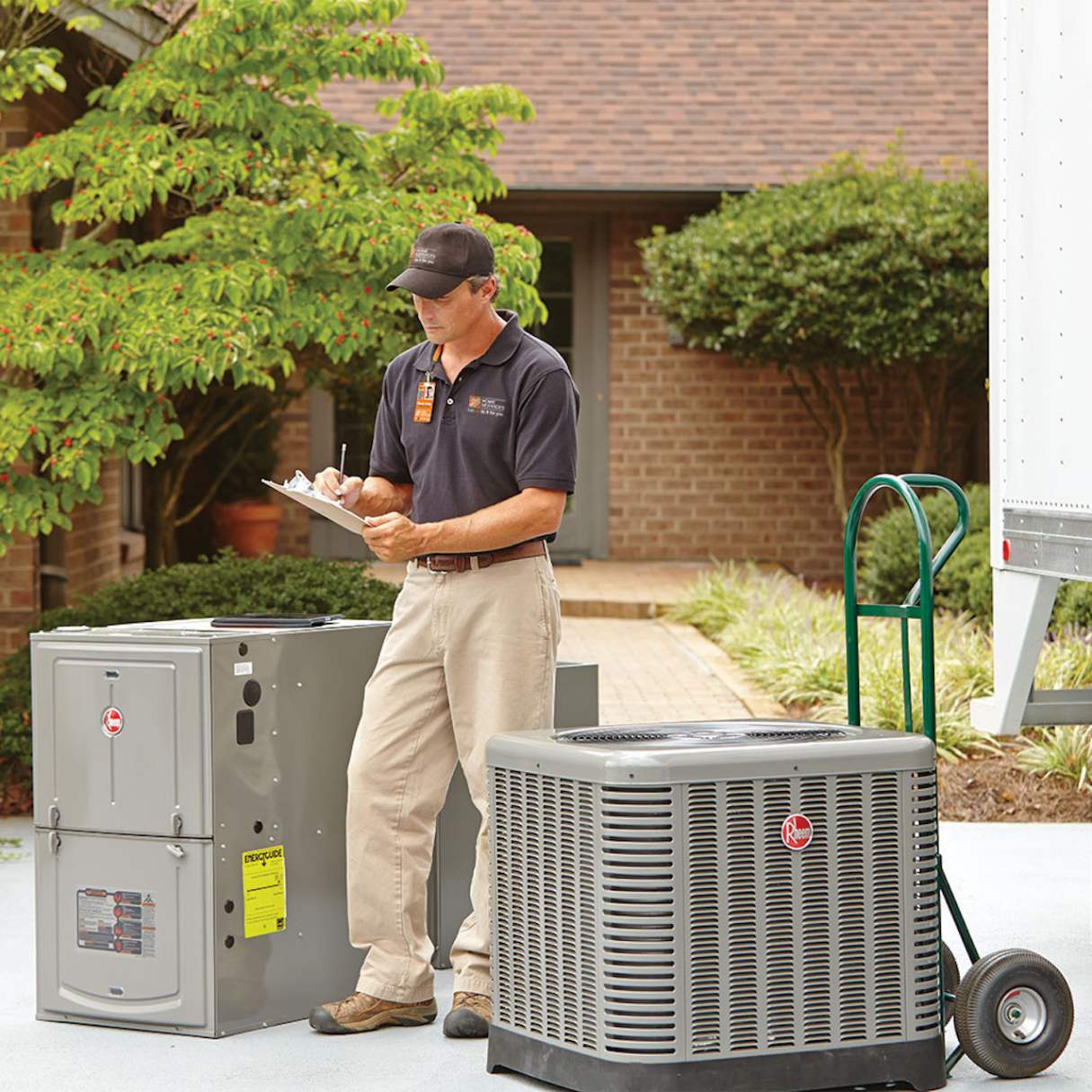
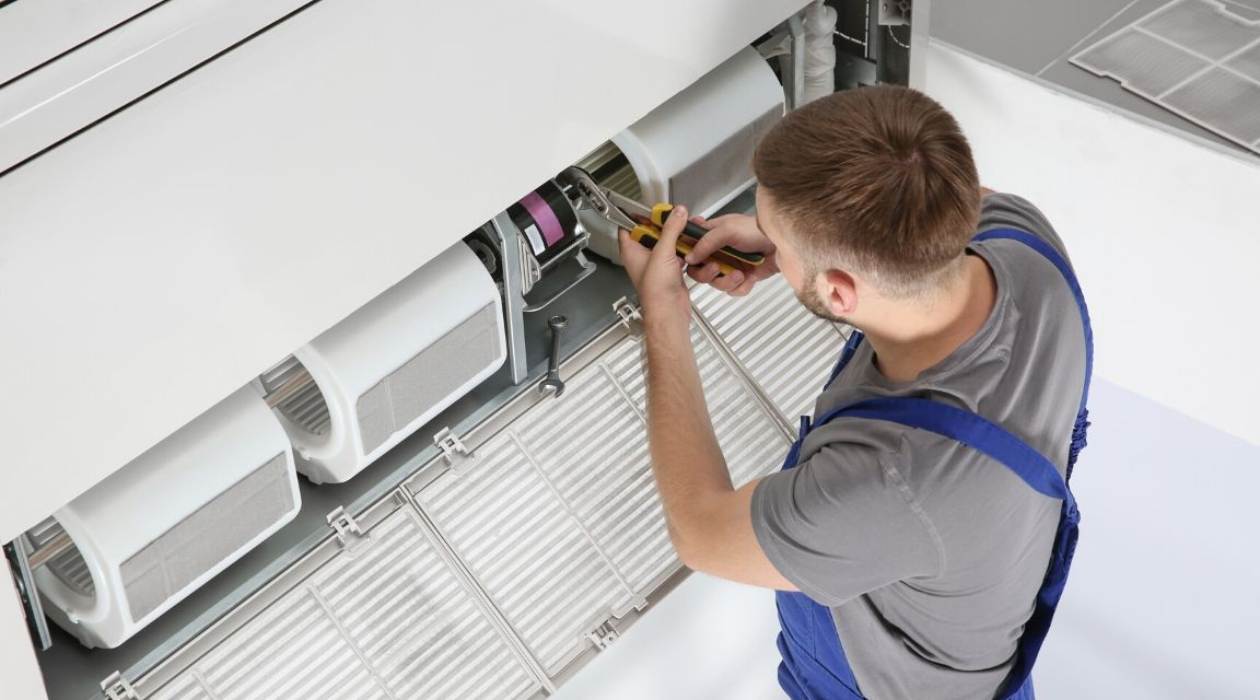

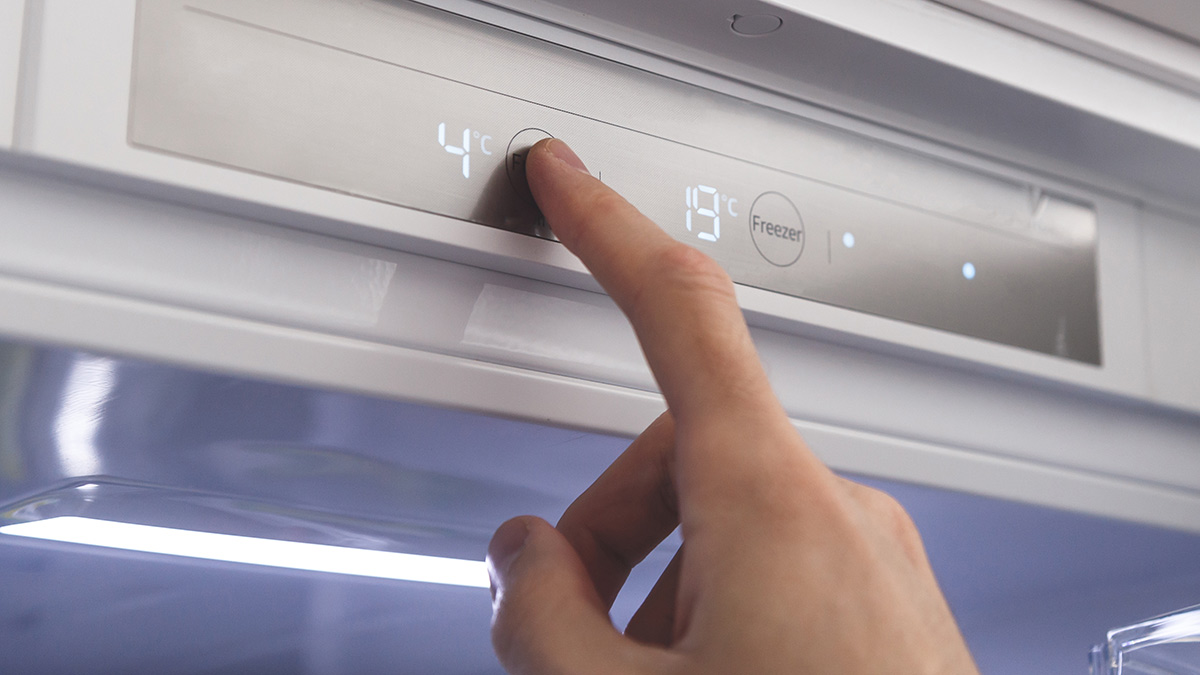
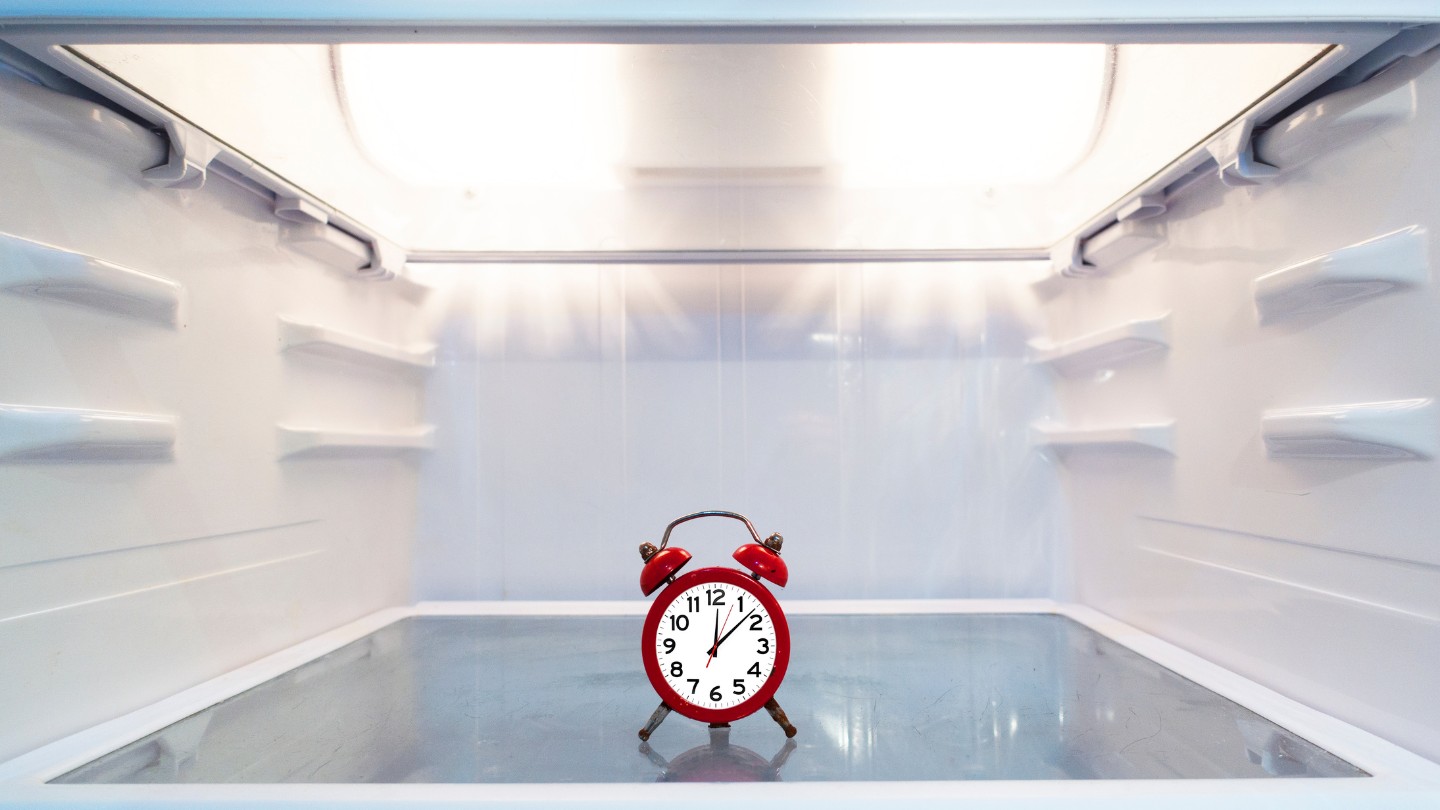
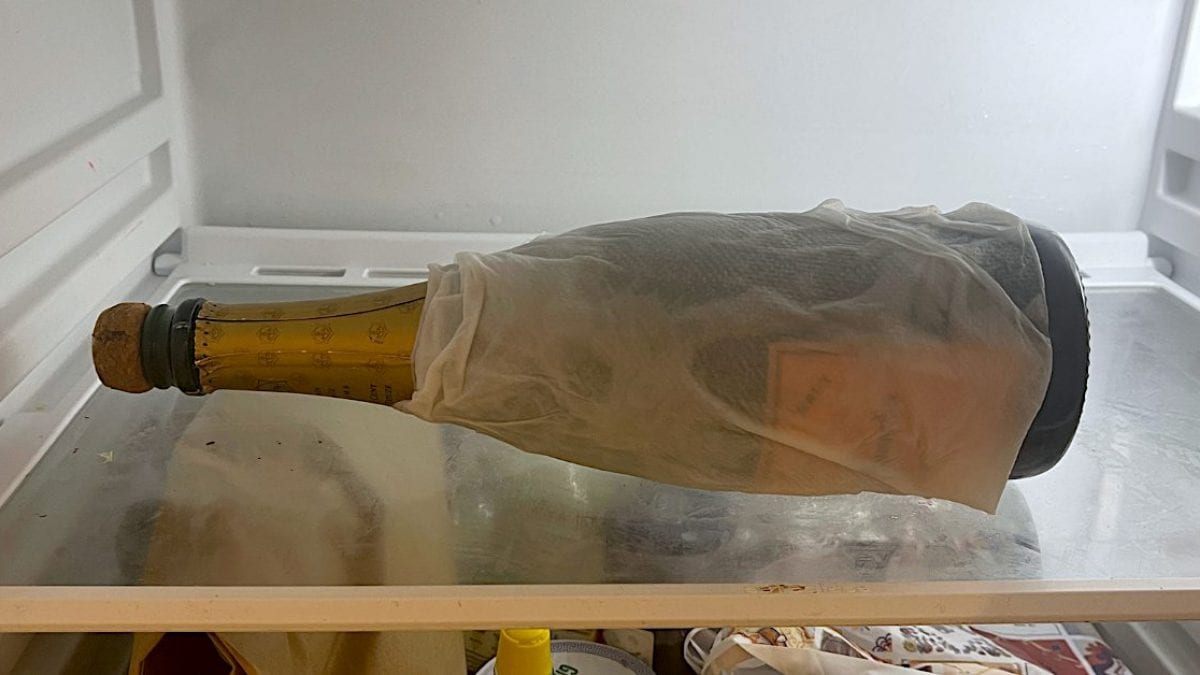

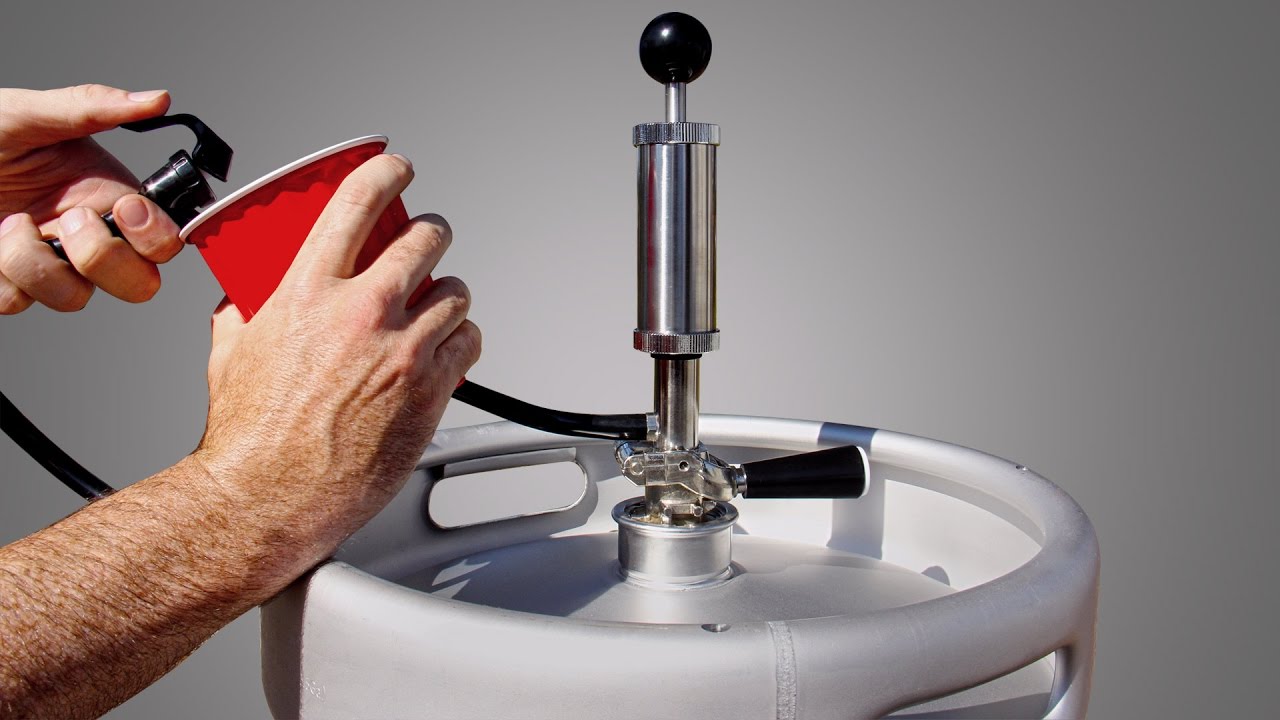


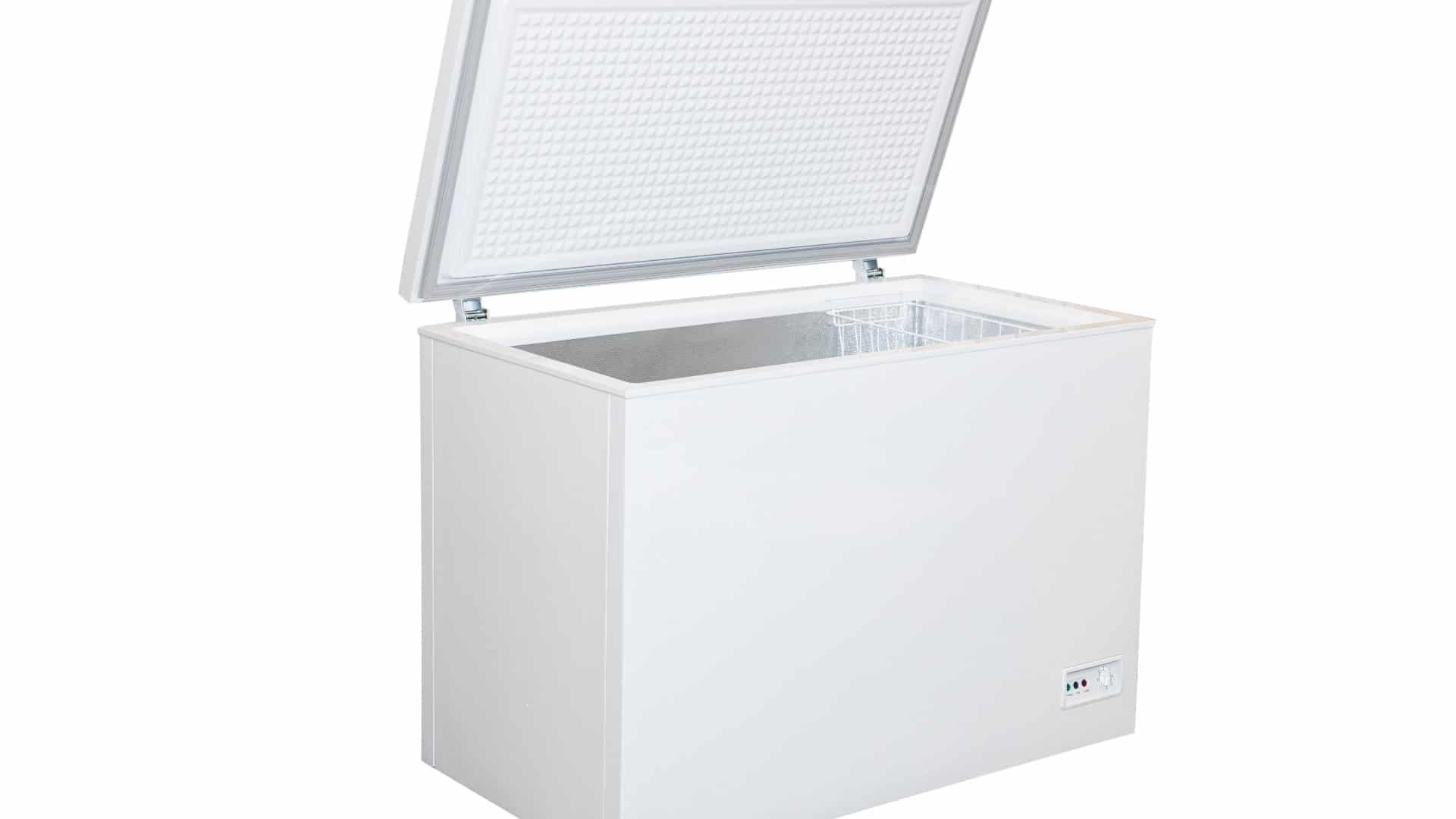



0 thoughts on “How Long Does It Take To Get A HVAC License”